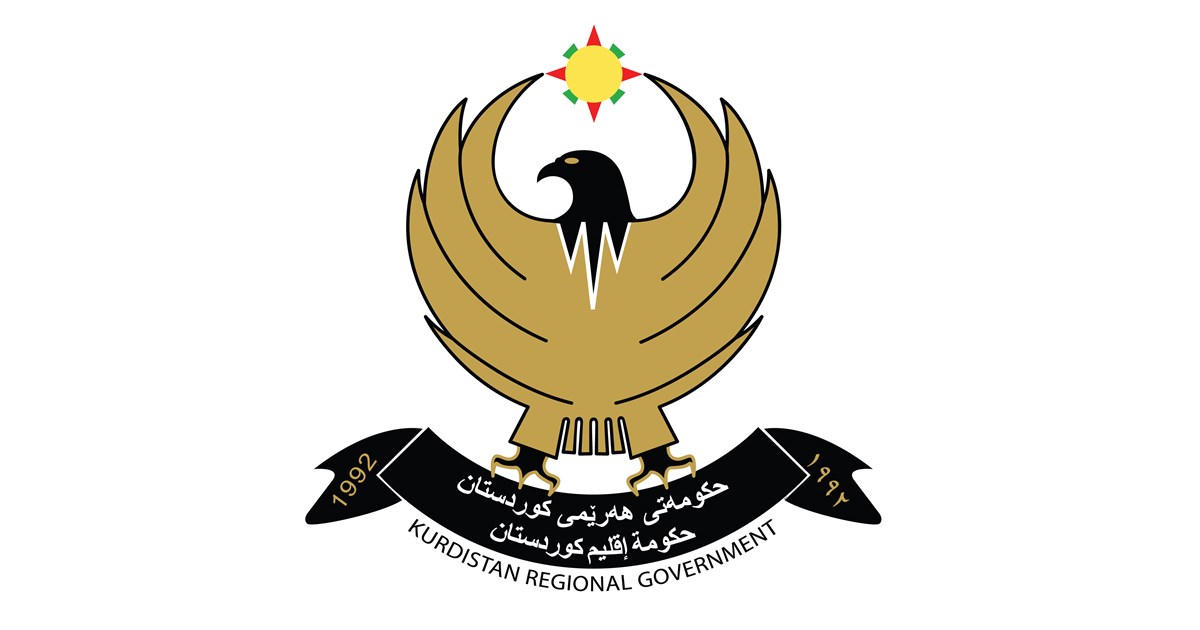Kurdistan Region records its lowest Maternal Mortality Rate in 2022

Data demonstrates a marked reduction in the Maternal Mortality Rate (MMR) in the Kurdistan Region between 2011 and 2022, reaching a rate that surpasses the global average. Despite advances in health sectors, MMR remains a prominent health concern in developing nations.
The Maternal Mortality Rate in the Kurdistan Region
According to a World Health Organization (WHO) report, in 2020 nearly 287,000 mothers worldwide died either during childbirth or within 42 days post-partum. The report reveals that 95% of these deaths occurred in low to middle-income countries grappling with insufficient health services, with an overwhelming 87% taking place in Africa and Asia. WHO's statistics show that in 2020, almost 430 mothers died per 100,000 live births in developing countries, in stark contrast to 12 deaths per 100,000 live births in developed countries.
The Ministry of Health under the Kurdistan Regional Government reported a much lower figure of 23 maternal deaths per 100,000 live births in the Kurdistan Region in 2020, further reducing to 16 deaths in 2022. The Kurdistan Region registered a lower MMR than countries such as Saudi Arabia, Turkey, Syria, Egypt, Jordan, and Iraq. Moreover, the data shows that the Kurdistan Region achieved a significantly lower MMR than many developed nations, despite their superior healthcare systems.
The primary risk factors contributing to MMR during pregnancy, childbirth, and post-partum include severe bleeding, infections, hypertension, and miscarriage. In this respect, the healthcare sector of the KRG, encompassing maternity hospitals in the Kurdistan Region, has played a pivotal role in achieving this reduction and safeguarding lives.
The decline of child mortality rate in the Kurdistan Region
Another benchmark of healthcare systems and the human development index is a low incidence of infant and child mortality, especially during childbirth and for those under the age of one and five years. According to the WHO, the first month of a child's life is the most critical. In 2020, approximately 2.4 million newborns passed away globally, predominantly in Africa, where 27 out of every 1,000 children perished, and in Central and South Asia, the number stood at 23 per 1,000 children.
Under the Ministry of Health of the Kurdistan Regional Government (KRG), the rate of newborn mortality has been on a consistent decline from 2011 to 2022. In 2011, the mortality rate for children under five years was 32 per 1,000 children, while for those under one year it was 28 per 1,000, and for those under one month it was 21 per 1,000.
In 2022, these rates further decreased due to advancements in the healthcare system and hospital infrastructure in the Kurdistan Region. The death rate for children under five years was reduced to 10.2 per 1,000 children, for those under one year it was 8.7 per 1,000, and for those under one month, it fell to 5.8 per 1,000. Compared to the global rate of 18 deaths per 1,000 children, the Kurdistan Region reported 5.8 deaths per 1,000 children, achieving a lower mortality rate than Bahrain, Iran, and Iraq, and a rate very close to that of Qatar and the United Arab Emirates.
In 2022, the global mortality rate for children under five years was 37.7 per 1,000 children. By comparison, in the Kurdistan Region, the same rate was 10.2 per 1,000, significantly lower than that of Jordan and Iraq.
The leading causes of death in newborns and children under five years include premature birth, pneumonia, diarrhoea, complications of preterm birth, malaria, malnutrition, drowning, and respiratory diseases.
In this context, the healthcare system of the KRG, particularly the maternity and childcare systems, have played a significant role in saving numerous lives amongst children, aligning with international standards and embracing the latest medical advancements.
